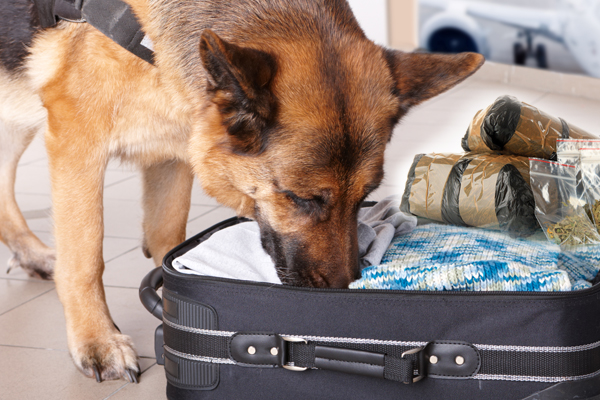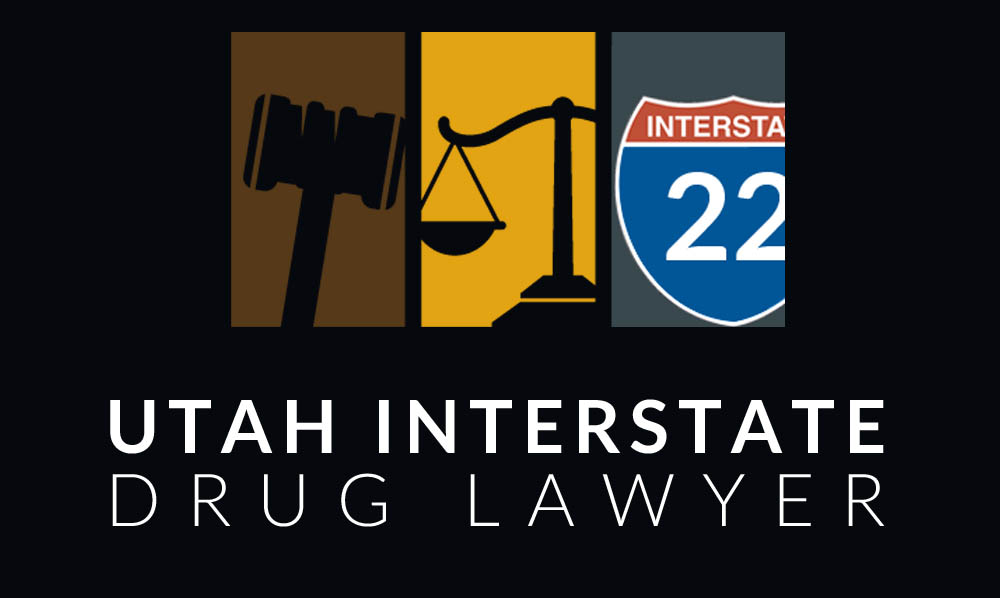Drug cases may be extremely complicated, and that’s why you really are in need of a competent Utah drug lawyer, to really help you beat your case. Drug traffic stop and search cases could be especially complicated. If you have been arrested for drugs on the road and a drug sniffing canine was involved, you probably have to know what rules and regulations officers have to follow.
Traffic Stops and Reasonable Suspicion
Right before searching a motor vehicle, the officer must absolutely have what is identified as probable cause, suggesting that a crime has taken place should be supported by proof. The evidence would be physical, details from witnesses, or the officer’s own observations, but must go more than mere suspicion. Actually, the preliminary hearing is pertained to as “probable cause hearing,” and is primarily made to assess the evidence for any probable cause scenarios.
In these courtroom proceedings, it will be confirmed if the officer had probable cause, the view that a crime transpired or was happening, or reasonable suspicion, giving the officer the right to apprehend and question the suspect. But really, neither probable cause nor reasonable suspicion is necessitated to call for a drug sniffing canine to the scene during a regular traffic stop. This was established by the Supreme Court in Illinois v. Caballes, wherein Roy Caballes was pulled over for speeding and subsequently arrested for marijuana trafficking after a drug dog was brought to the scene and alerted on his car.
In a 6-2 ruling, the Court agreed with the state, with Justice John Paul Stevens writing that drug sniffing dog searches did not violate Fourth Amendment rights. He felt that the expectation of privacy did not extend to illegal narcotics. For this case, any positive signal may be considered probable cause to conduct a search. If the drug dog signals that it smells drugs, the arresting officer then has probable cause to conduct a search.
You do, however, have some proper protection in this scenario; example, an officer cannot detain you indefinitely, or even for an unreasonable amount of time while waiting for the drug dog to arrive. Merely speaking, if the arresting policeman can not pull off the drug canine to the scene in the time it takes to run your tags and write a ticket, the utilization of the dog becomes constitutionally wrong.
So if you’re pulled over and the policeman makes threat to call in the K-9 unit, you are not bound to say yes to searches. While waiting on the dog to appear, you likewise have the right to establish if it is right for you to leave by promptly asking if you are free to go. If the officer rejects and goes ahead to detain you until the canines appear, you have the right to remain silent and proceed to choose not to consent to a dog sniff, even if the policeman says you need to consent.
You should be mindful that opening your automobile for the officer or handing over your keys is the same as consent. If a judge decides that the policeman had no reason to detain you, any evidence found by drug dog may possibly be tossed out in court.
The Reliability of Drug Sniffing Dogs
For literally hundreds of years, dogs have been used by people for their spectacular sense of smell, as their noses contain over 200 million receptors (as compared to the 10 million most humans possess). Several breeds even have the outstanding ability to identify specific odors of things which are fully immersed in water, which is very vital for law enforcement since drug smugglers often try and hide the odor of drugs with some other substance.
This is not to say that a dog’s sense of smell is infallible, and the accuracy and reliability of a drug sniffing dog has been cast doubt in court. The American Society of Canine Trainers (ASCT) even admits to the surprisingly poor accuracy rates of drug sniffing dogs, pointing out averages as low as 62% (Currency Searches, 2015).
There are many reasons and variables for this terribly low accuracy rate. Sometimes a trained drug dog’s nose is even too strong, and may lead to the detection of trace scents left behind by drugs which are no longer actually present. It should also be taken into consideration that there is a considerable difference between what a dog can do, versus what a dog actually does. What the dog actually does is almost completely dependent on the training received, for which there are no required national standards for certification. Moreover, despite how effective or ineffective a dog may really be, it is capable of acting on its own behalf and as a result, it may be almost impossible to ascertain the motivation for any particular response.
Certainly we would like to believe that these animals are selfless and devoted to satisfying their handlers, yet that in itself could be problematic. Dog handlers can unintentionally cue alerts from their dogs by leading them too slowly or too many times around an automobile.
Contact A Utah Drug Attorney Today
Never assume that just because police are in a position of power, they are always right. If you feel you were subjected to an unlawful drug search, you deserve to have the issue investigated by an experienced Utah drug attorney.
Recent Posts
- How To Get The Best Interstate Drug Trafficking Lawyer in Murray WY
- How To Get The Best Interstate Drug Trafficking Lawyer in Logan WY
- How To Get The Best Interstate Drug Trafficking Lawyer in Millard County WY
- How To Get The Best Interstate Drug Trafficking Lawyer in West Jordan WY
- How To Get The Best Interstate Drug Trafficking Lawyer in Cache County WY

